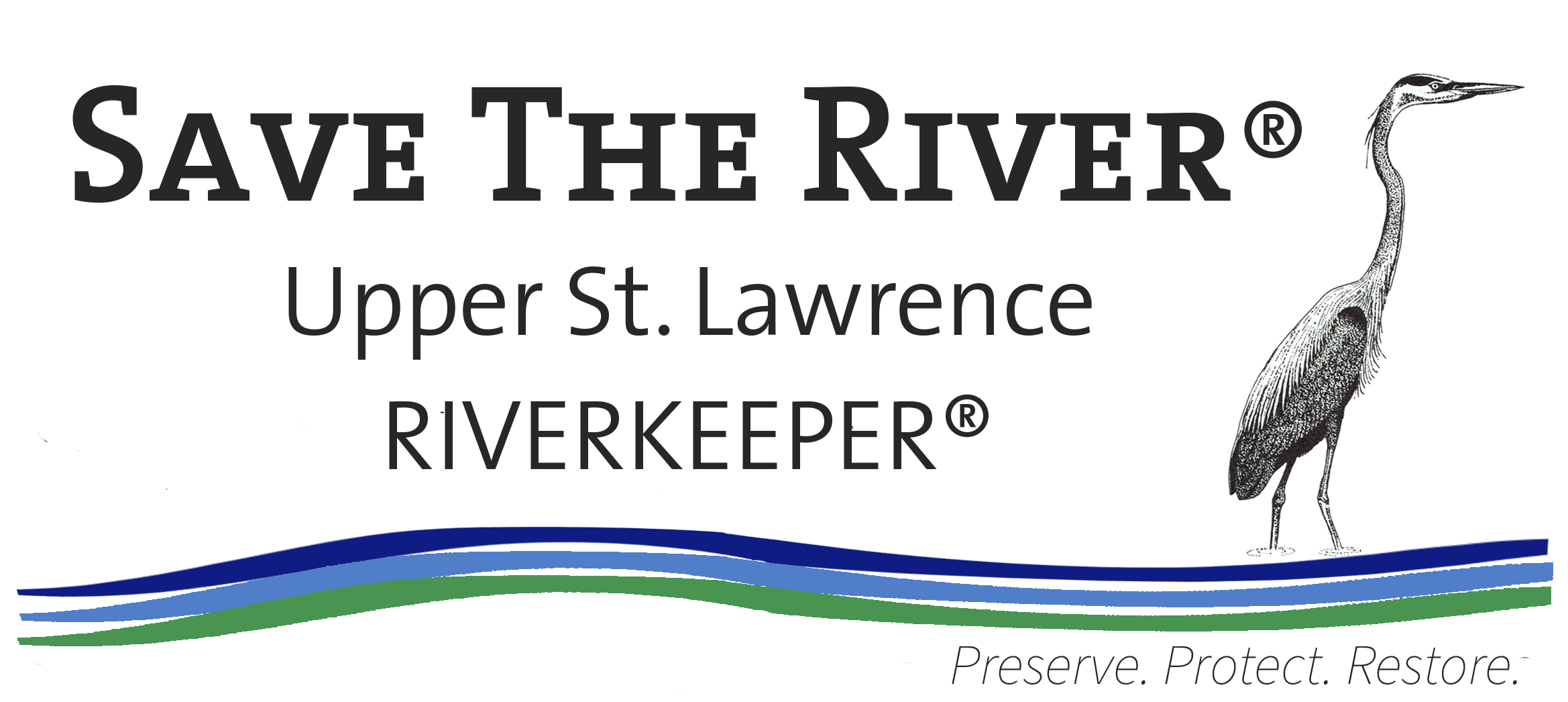But as the North Country heads into another “new” summer, this science could play a key role in alerting the public of future outbreaks in smaller towns, villages and areas.
This is exactly the focus of David Larsen, an Associate Professor of Infectious Diseases at Syracuse University. Larsen previously spent a good portion of his career researching Malaria, but when the most recent pandemic started, he started working with SUNY ESF and SUNY Upstate Medical University to implement a statewide COVID-19 wastewater testing program.
He spoke on how his program could help rural areas in the North Country.
“When I think about wastewater surveillance for rural areas, I think about March of 2020, when everybody’s shut down,” stated Larson. “They shut down the schools and the businesses and we shut down because of what was happening in New York City. We didn’t really have an understanding of what transmission was like spread out across the North country.”
Adding, “I see the wastewater surveillance almost as like a smoke detector; if you start to see smoke, then you know that there’s a fire that’s going to happen. And in here, if it goes off, then you can have some different interventions. You can come through and test people. You can alert the public.”
COVID-19 wastewater testing was picked up in Watertown last fall and was used as an indicator prior to the major spike during the holiday season.
Save the River Executive Director John Peach added how models like this could help seasonal towns throughout the North Country.
“Tourism, fishing, hunting, the scenic beauty of the area is what really pays the bills along the [St. Lawrence River.]” stated Peach. “People come to see it to be part of the River, part of the Island community. If we can assure visitors, you know, residents, tourists, business, people that there’s minimal exposure to COVID, I just think it could be a key part to bring the people back into the community.”
Logistically, each COVID-19 wastewater test costs about $300, but it is equivalent to 400 individual COVID-19 tests. Larsen claimed that this makes this more efficient to determine community spread.
To conclude, Larsen shared his ultimate goal for the program as this is not the first pandemic he has dealt with in his career.
Expressing, “within 2020, our health security was breached by the coronavirus. And if can we install the systems and how the systems in place to keep us health secure, to keep us safe so that in the event this happens again, we’re prepared and we don’t have to go through so much pain and disruption in our lives.”
